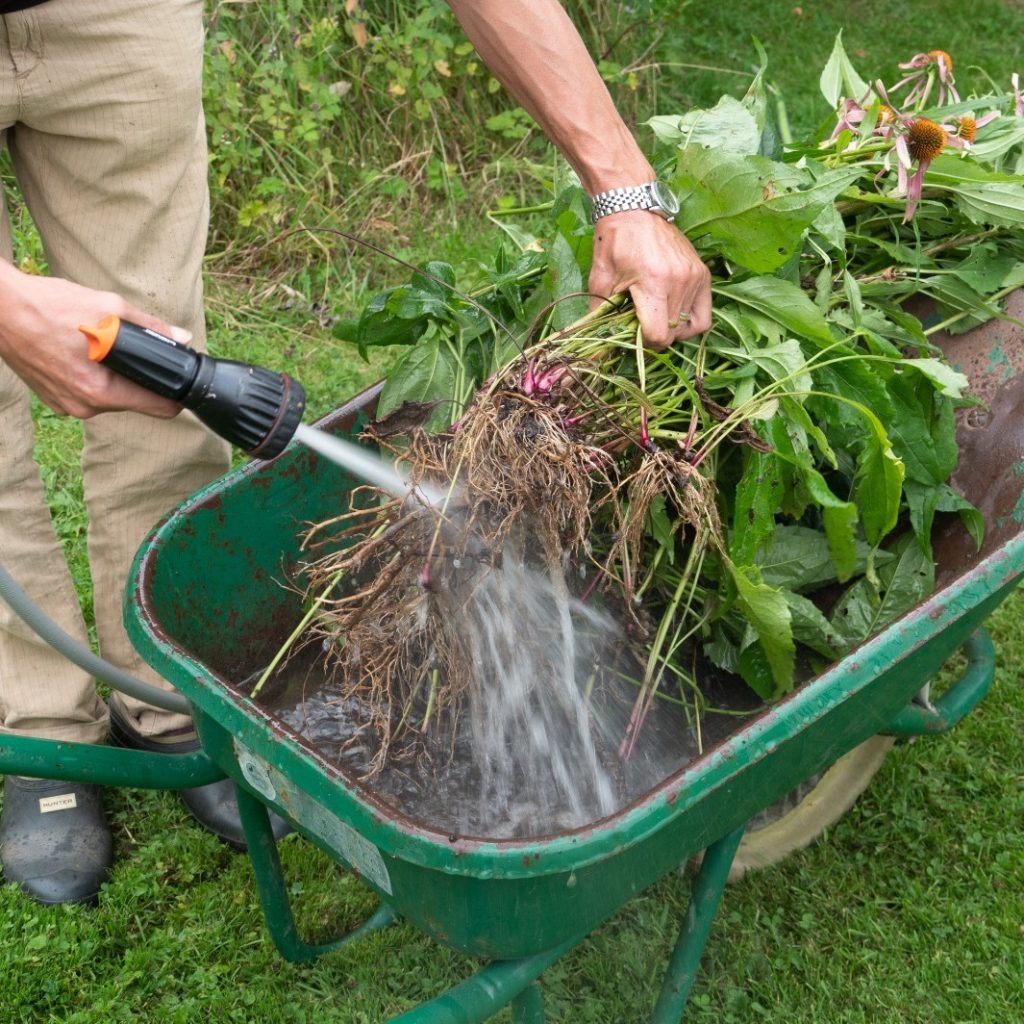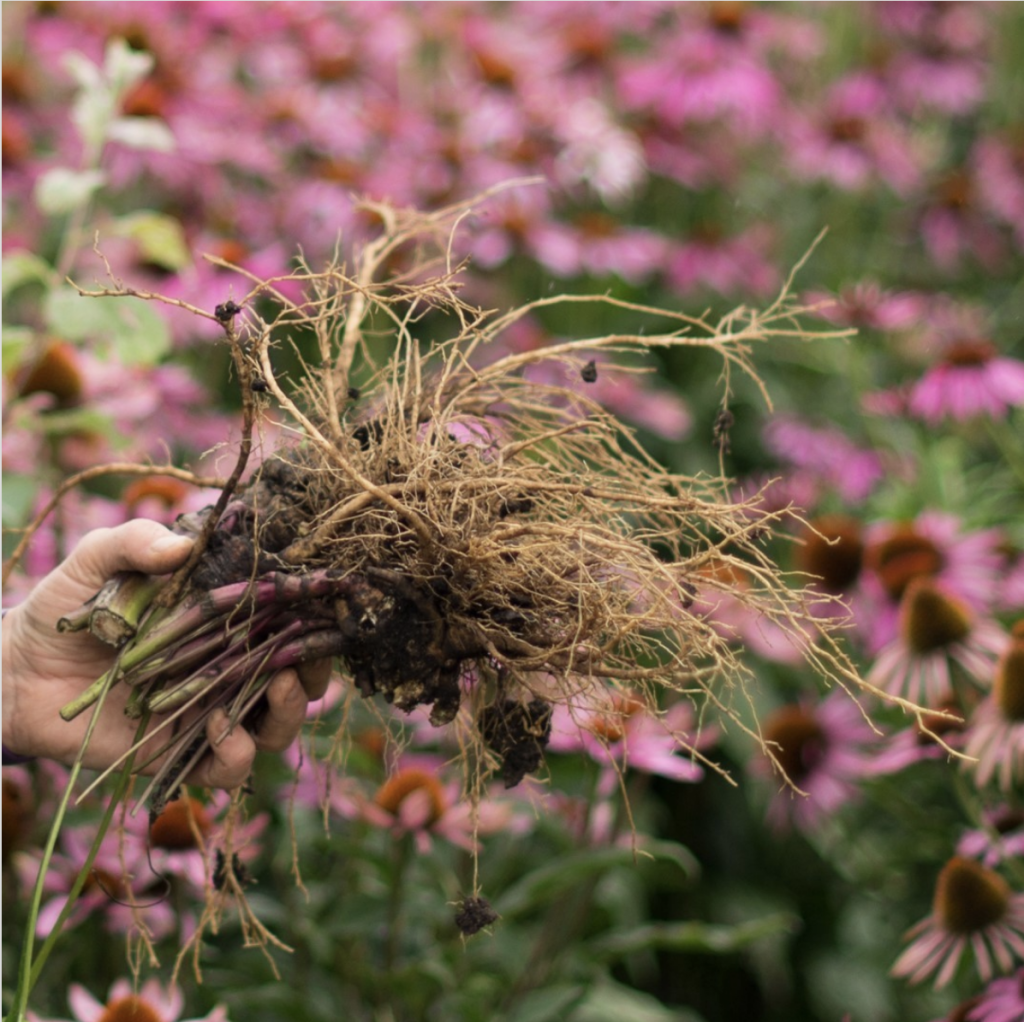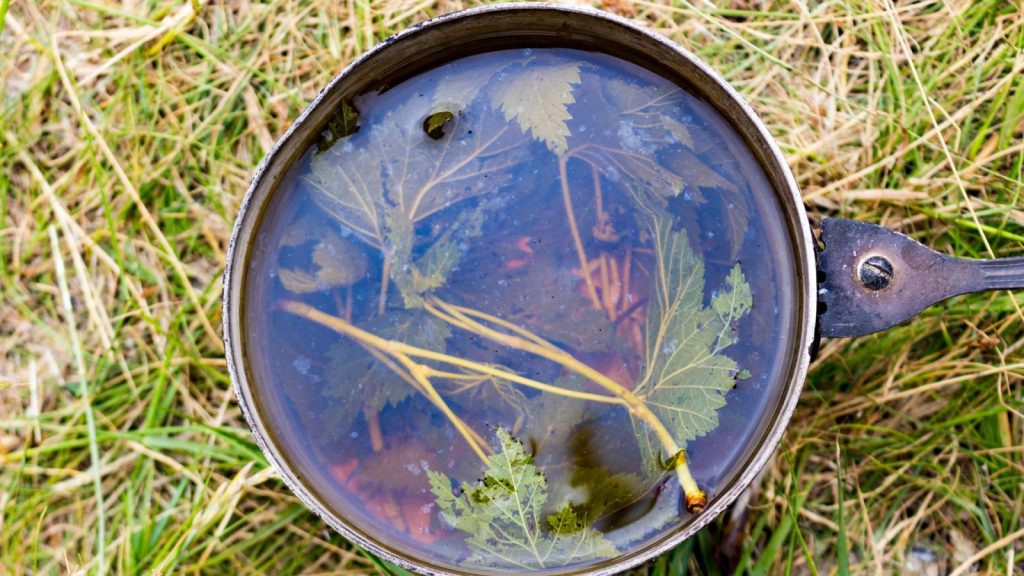How to make a decoction
What is a decoction?
The art of decocting herbs is at the heart of the herbal tradition. A decoction is made by boiling a set weight of herbs in a specific volume of water and reducing it to the required strength. See it as a herbal tea that has been simmered to extract the properties of the herbs.
What is the difference between a decoction and an infusion?
Decoctions are used over infusions when you want to extract the constituents of hard or woody parts of plants such as barks, seeds and roots. Decoctions tend to be stronger and more concentrated than infusions. They may also be used for more focused cleansing or tonifying. They are especially valuable for herbs like licorice or astragalus that contain little or no essential oils. Delicate flowers and leaves are often added at the end of a decoction to preserve their more volatile properties.
What is a decoction used for?
Decoctions are often used as a strong herbal tea, as a base in syrups and for fomentations applied externally.
Which herbs can I use to make a decoction?
- Astragalus root
- Burdock root
- Dandelion root
- Echinacea root
- Elderberries
- Elecampane root


How do I make a decoction?
Prep Time
10 mins
Cook Time
30-40 mins
Cooling Time
1 hour
Ingredients
- 30g elecampane root
- 480ml cold water
Equipment
- Small saucepan
- Kilner jar

Method
- Place the herbs into a small saucepan.
- Cover the herbs with the cold water.
- Slowly heat the water to a gentle simmer and cover.
- Allow it to simmer for 30-40 minutes, and until it boils down to about 120ml.
- Remove from the heat and let your decoction cool down.
- Strain into the jar and keep in the fridge for up to 48 hours.
- Label and date your decoction.
- Drink 30ml (diluted up with warm water) 3 x/day.


Helpful Hints
- It is important to start your decoction with cold water rather than placing the herbs directly in boiling water.
- The ratio used in the Ayurvedic tradition is 1 part of dry herb : 16 parts water, which is then reduced to 4 parts of the original volume of water. For a quicker method use 8 parts water and follow the same steps.
- Chinese and western herbal medicine also uses decoctions for powerful benefits. Roots, barks, stems and fruits are usually decocted with the more delicate leaves and flowers added at the end of the decoction to infuse with the other herbs for a few minutes.



